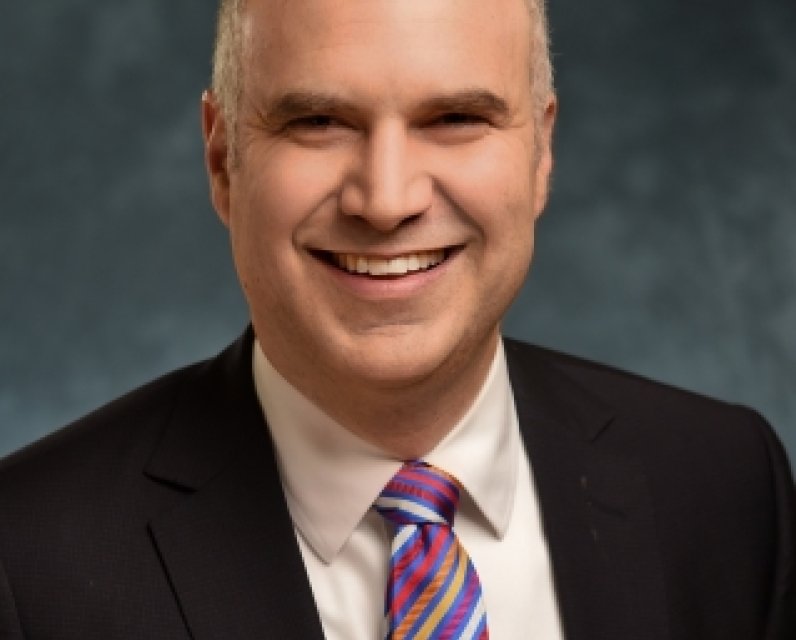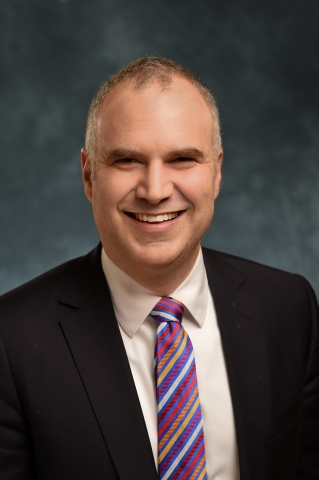Unpublished Opinions
Ottawa City Councillor, Ward 13 Rideau-Rockcliffe First elected as City Councillor in 2014, Tobi Nussbaum has dedicated his career to public service. He moved to Ottawa to join the Canadian Foreign Service in 1996, starting in the legal bureau and then taking on different responsibilities including postings to the United Nations in New York and the World Trade Organization in Geneva. In Ottawa, he has served in various senior positions within the Department of Foreign Affairs and International Trade, the Privy Council Office and, most recently, the Canadian International Development Agency, where he was the Director-General of Development Policy. In his volunteer time, Tobi has been an active community leader and volunteer. He served as President and Board Member of the Lindenlea Community Association and later co-founded and chaired the Beechwood Village Alliance. As a soccer coach for his daughters’ soccer teams, school volunteer and local rink “hoser”, Tobi has long been an energetic and visible presence in Rideau-Rockcliffe. Tobi holds a Master of Public Administration from Harvard University, a law degree from the University of Victoria and a Bachelor of Arts from Queen’s University. He is married with two school-aged daughters.
Fighting for a (OC Transpo) fare freeze

Unfortunately, my motion was defeated at Council.
At the Council meeting on Wednesday, I tabled a motion asking that Council freeze transit fares for 2016. Instead of increasing fares by 2.5 percent, I proposed we make up the revenue difference by increasing the transit levy by a further 0.9 percent, which equates to less than 6 dollars for the owner of an average priced home in the urban transit area.
Under normal circumstances a 2.5 percent increase in transit fares would not be unreasonable – I would expect that most riders understand that the costs of providing transit service increase with inflation.
However, 2016 offers a unique set of circumstances. Starting January 17, 2016, new Transitway closures will take effect, meaning that approximately 40 percent of OC Transpo rides will experience service disruptions resulting in delays ranging from 3 minutes to over 8 minutes. These disruptions are unavoidable and OC Transpo has done an excellent job communicating them to riders. Nonetheless, knowing that it is easier to lose a customer than it is to gain one, I believe we need to do what we can to keep our loyal riders. In fact, I would argue that our ambitious ridership targets for post-LRT demand it.
Another circumstance for 2016 worth noting is that annually recorded ridership levels have been down each year since 2011. The reasons for this decline are difficult to disentangle and certainly have a lot to do with lower employment numbers in the downtown core and cheaper gas prices which render driving a car less costly. Higher fares, however, also have some negative effect on ridership, either by dampening growth in good times or contributing to declining numbers in bad ones.
So in light of the trends and given the challenging year ahead for many of our riders, providing them a small economic incentive to stick with transit by not increasing their fares seems to me to be the prudent thing to do. It would also send an important signal that we value our customers’ loyalty and recognize the reality of service disruptions.
As to the proposed less than 6 dollar additional increase we would seek in the transit levy, all residents, whether they take transit or not, benefit from an ongoing robust transit system. These benefits include less congestion, reduced wear and tear on our roads, which saves on maintenance costs, as well as lower greenhouse gas emissions, an important objective as we aim to reach our municipal reduction targets for 2024.
Lastly, it needs to be recalled that while the tax base paid $243.9 million in 2014 for the operating costs of running OC Transpo, the tax base also paid more than $300 million in the same year to subsidize the driving of private vehicles through the maintenance and operation of the road network. In terms of revenues that year, while OC Transpo received $179.9 million in fare revenue (a form of rider user-pay), the City received only $69.5 million in provincial and federal gas tax payments (a form of private vehicle user pay). In other words, the municipal tax base is subsidizing the use of private vehicle transportation to a much greater extent than it is subsidizing the public transportation system.
BELOW ARE SOME IMPORTANT AND RELEVANT FACTS.




Comments
Be the first to comment